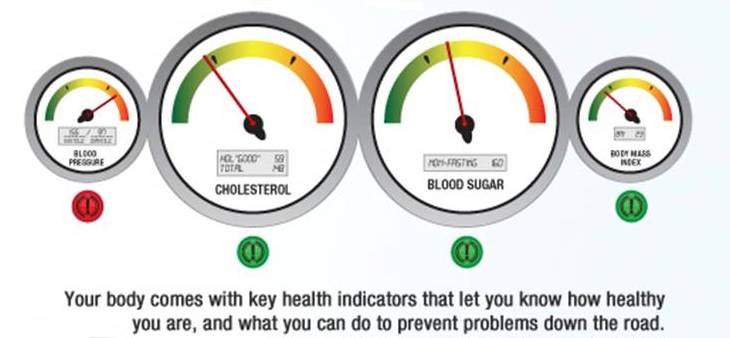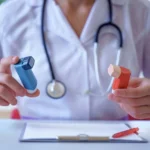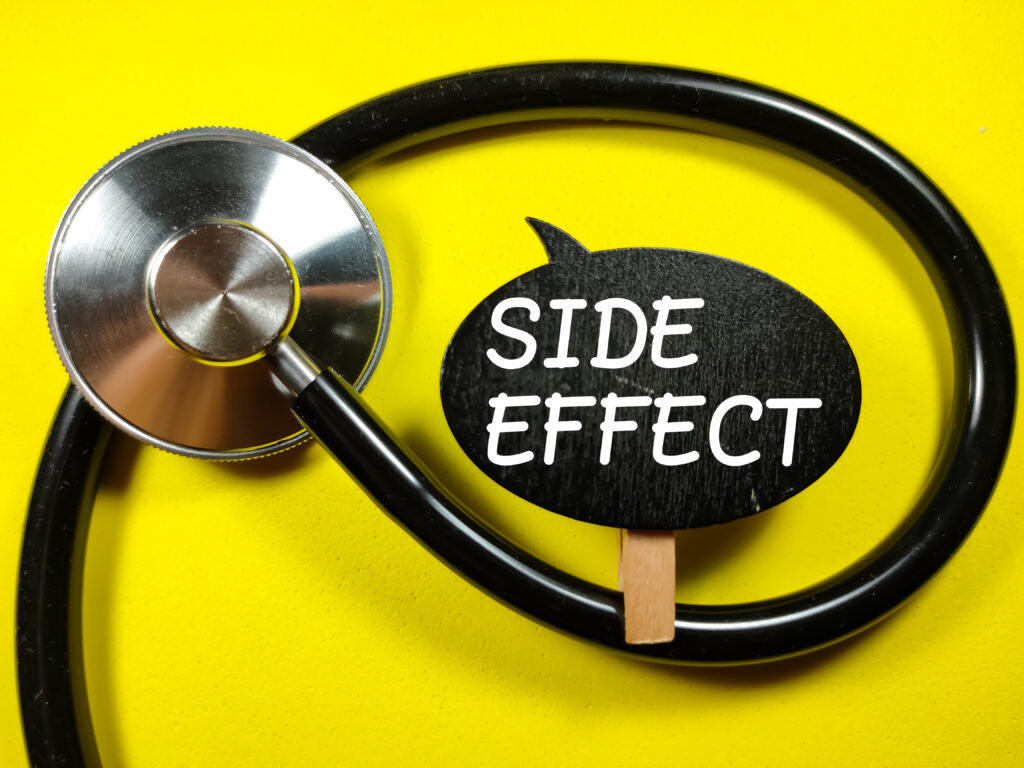
Content
INTRODUCTION TO THE TRULICITY LAWSUIT
Trulicity (dulaglutide) is used to treat type-2 diabetes and is manufactured by Eli Lilly. Trulicity comes in a hypodermic needle which is used to inject the drug under your skin. The recommended initial dose is 0.75 mg per week with a maximum dosage of 1.5 mg per week. However, because Trulicity is a GLP-1 receptor agonist exactly like Mounjaro, Rybelsus, Saxenda, Wegovy and Ozempic, it presents the same serious GLP-1 receptor agonist side effects including: gastroparesis, intestinal blockages or bowel obstruction, ileus, and persistent vomiting.
Trulicity Lawsuits continued to be filed which have been centralized before one court by the Judicial Panel on Multidistrict Litigation for pretrial proceedings and coordinated discovery. Those who took Trulicity and subsequently suffered Trulicity side effects may be eligible for a Trulicity Lawsuit and substantial financial compensation.
We will discuss the link between Trulicity and intestinal blockages, also called bowel objections, a very side effect of Trulicity leading to Trulicity lawsuits.
THE COMMON TRULICITY SIDE EFFECTS
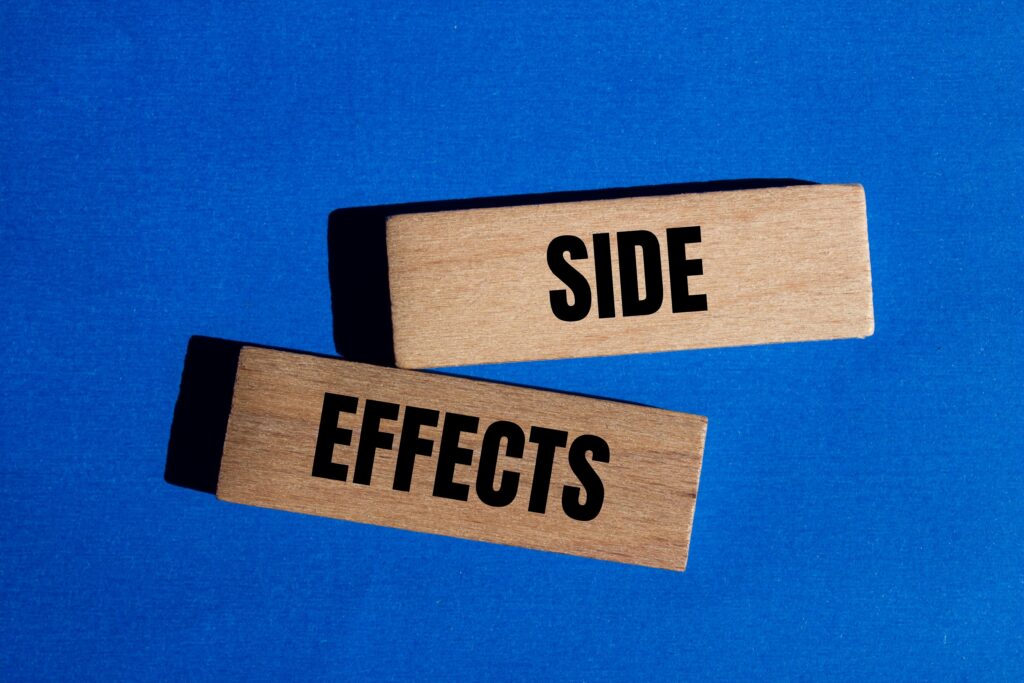
Gastrointestinal Issues
- Nausea: Frequently reported, nausea can vary in intensity and often subsides as treatment continues.
- Diarrhea: This includes frequent bowel movements, which are common but usually lessen with time.
- Vomiting and Retching: These symptoms can occur, particularly at the start of treatment.
- Abdominal Pain: Some users may experience discomfort or pain in the abdominal area.
- Indigestion: This can manifest as heartburn or stomach discomfort after eating.
Additional Discomforts
- Decreased Appetite: You might find your appetite is reduced, which could impact your food intake.
- Fatigue: Feeling unusually tired or weak can also be a side effect of Trulicity.
THE SERIOUS TRULICITY SIDE EFFECTS LEADING TO A TRULICITY LAWSUIT?
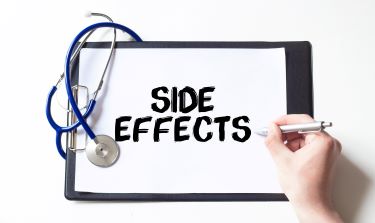
Persistent Vomiting:
Numerous reports and studies have suggested a strong association between Trulicity and persistent vomiting. This side effect can be debilitating and significantly impact the quality of life for individuals taking Trulicity. Persistent vomiting refers to continuous and uncontrollable bouts of vomiting that occur for an extended period, requiring trips to the emergency room. The exact mechanism by which Trulicity triggers this reaction is still being studied, but it is believed to be related to the drug’s effect on the gastrointestinal system.
Gastroparesis:
Stomach Paralysis: Trulicity has been associated with gastroparesis, a condition where the stomach takes too long to empty its contents. This condition has also been observed in patients using similar diabetes medications.
Intestinal Blockages:
Intestinal blockages, also referred to as bowel obstruction, and Ilues: These blockages can hinder the movement of food and waste through the intestines, leading to intense discomfort, swelling, and vomiting.
Thyroid and Gallbladder Issues:
Thyroid Cancer: There is a risk of thyroid tumors, including cancer. Symptoms such as a lump in the neck or difficulty swallowing should be promptly reported.
Gallbladder Disease: Symptoms like severe abdominal pain and jaundice may indicate gallbladder issues, which can arise from Trulicity usage.
Additional Serious Reactions:
Severe Allergic Reactions: Symptoms such as swelling of the face, difficulty breathing, or severe skin rashes necessitate immediate medical attention.
Kidney Damage: Dehydration from severe nausea, vomiting, or diarrhea can exacerbate kidney issues, potentially leading to kidney failure.
Vision Changes: Any new or worsening issues with vision should be discussed with your healthcare provider.
TRULICITY AND INTESTINAL BLOCKAGES OR BOWEL OBSTRUCTIONS
Intestinal blockages, also know as bowel obstructions, have been reported by certain individuals who have taken Trulicity (dulaglutide). These blockages can hinder the movement of food and waste through the intestines, leading to intense discomfort, swelling, and vomiting. It appears that this side effect is more prevalent in males and in those who have been using the medication for a shorter duration. In 2017, eight cases were documented, with the majority of them requiring surgical intervention. Nevertheless, the specific process by which Trulicity induces these blockages is still not fully understood.
THE IMPORTANCE OF REPORTING TRULICITY SIDE EFFECTS
The FDA encourages people who had a problem related to the devices or drug to report the problem through the MedWatch Voluntary Reporting Form or call 1-800-332-1088 for more information. Make sure to provide all information about your Trulicity stomach side effects, including gastroparesis, or “paralyzed stomachs” or any other Trulicity side effects you suffered along with a detailed description of any other problems you suffered from taking Trulicity. Additionally, the FDA also advises individuals that they may safely dispose of any unused Trulicity at a neighborhood drug takeback location and provides instructions on how to safely dispose of the drug if there are no nearby takeback centers, as well as what to do with your medicine that has been exposed to heat, such as fire, on unsafe water.
ELIGIBILITY REQUIREMENTS FOR A TRULICITY LAWSUIT
To be eligible for a Trulicity lawsuit, you must have taken the medication as prescribed and subsequently experienced one or more of the following severe side effects:
- Death
- Gastroparesis (delayed stomach emptying)
- Persistent vomiting (for over four weeks, unless still experiencing symptoms)
- Intestinal blockages/bowel obstructions/Ileus
- Other serious adverse reactions directly linked to Trulicity use
It is important to note that the severity of the side effects and the impact they have had on your life will play a significant role in determining your eligibility for a Trulicity lawsuit and the potential compensation you may be entitled to receive.

Alina Smith is a health blog author with an interest in the intersection of wellness and mental health. She’s worked as a writer, editor, and communications specialist for various healthcare organizations. Alina has also led projects to improve access to care for underserved populations in both rural and urban settings.








